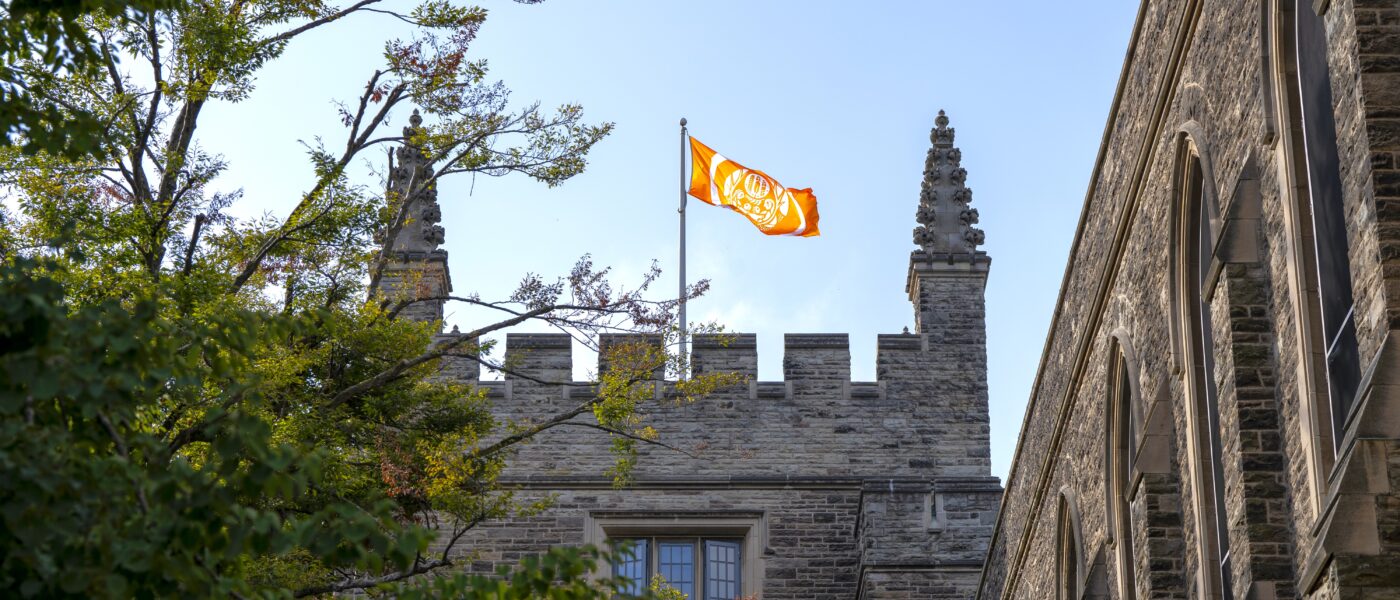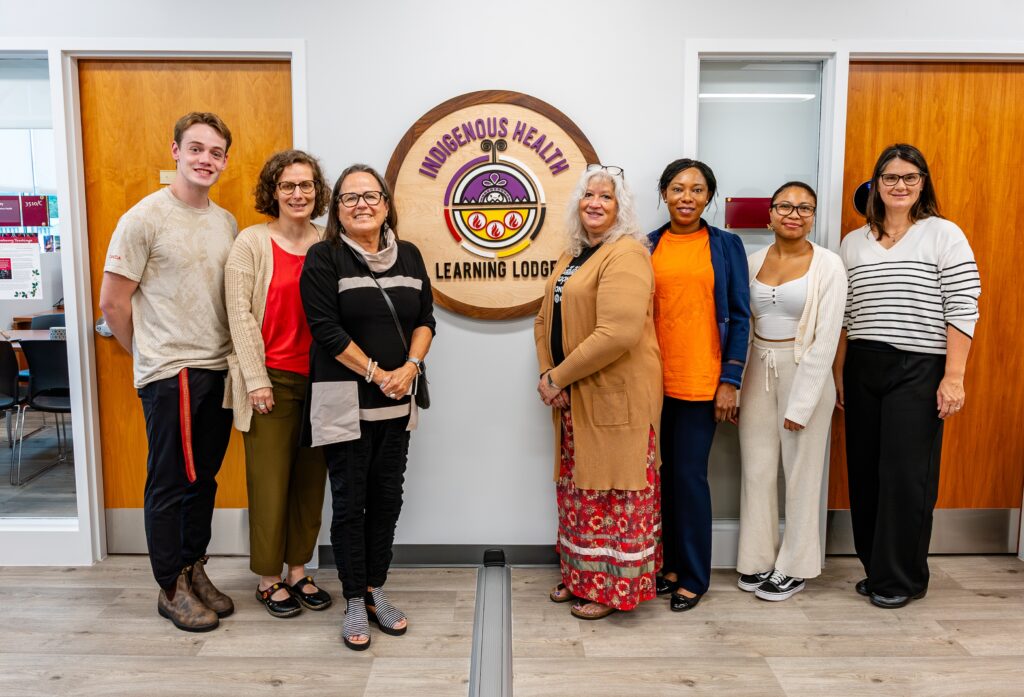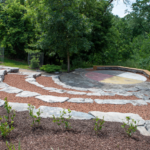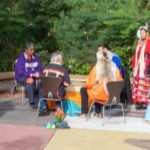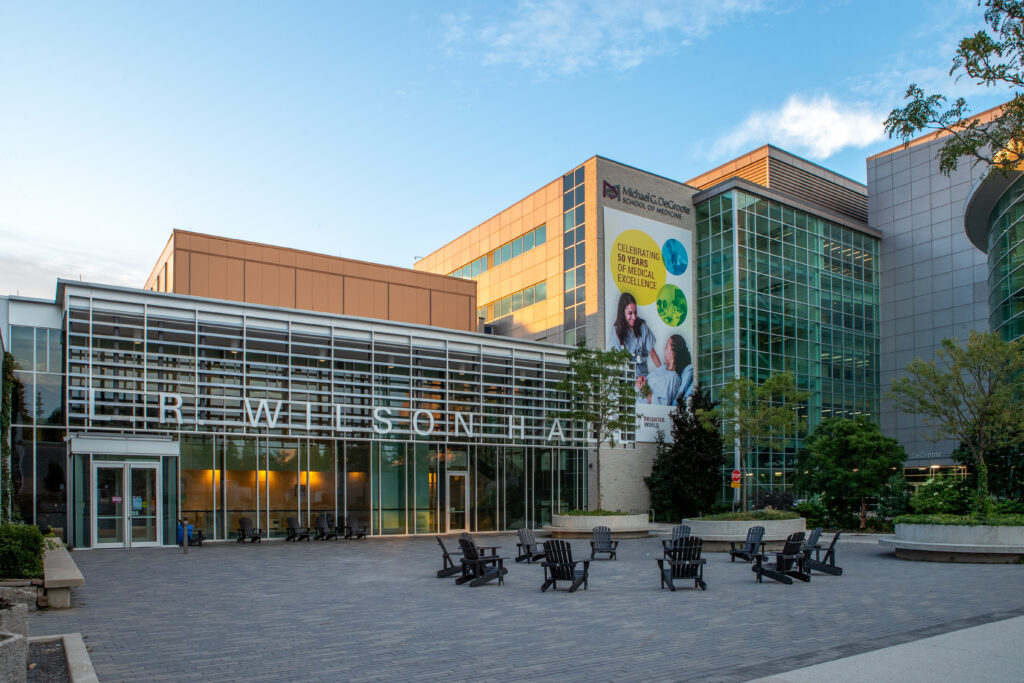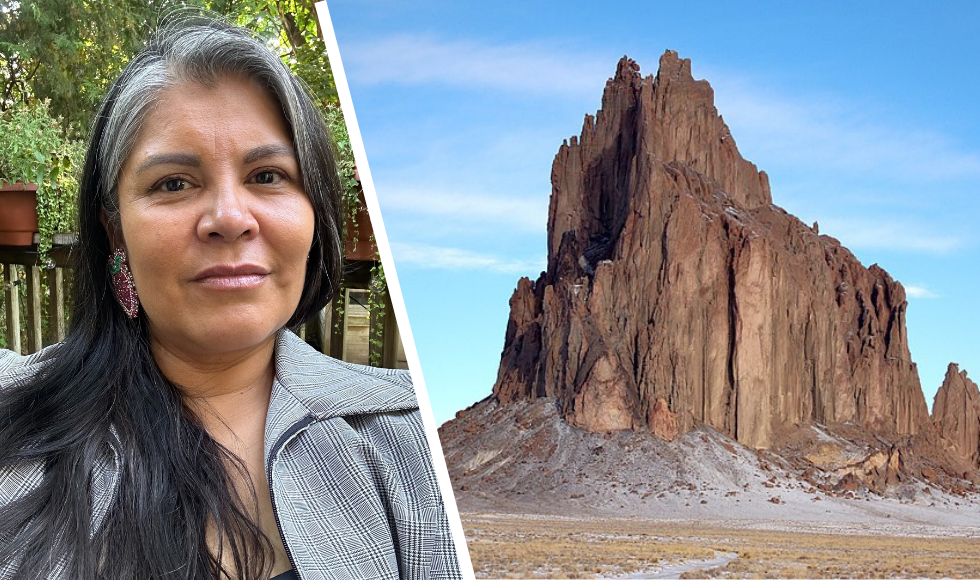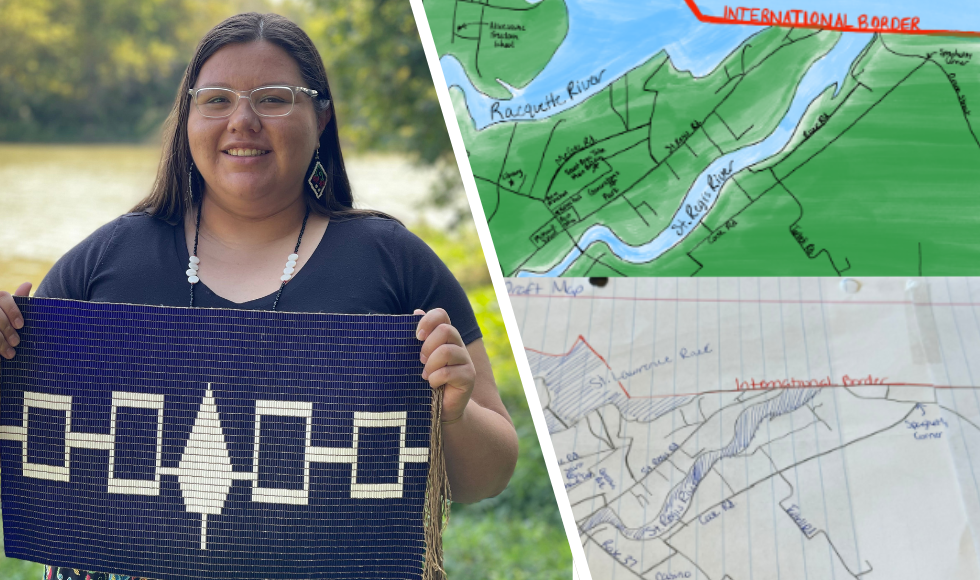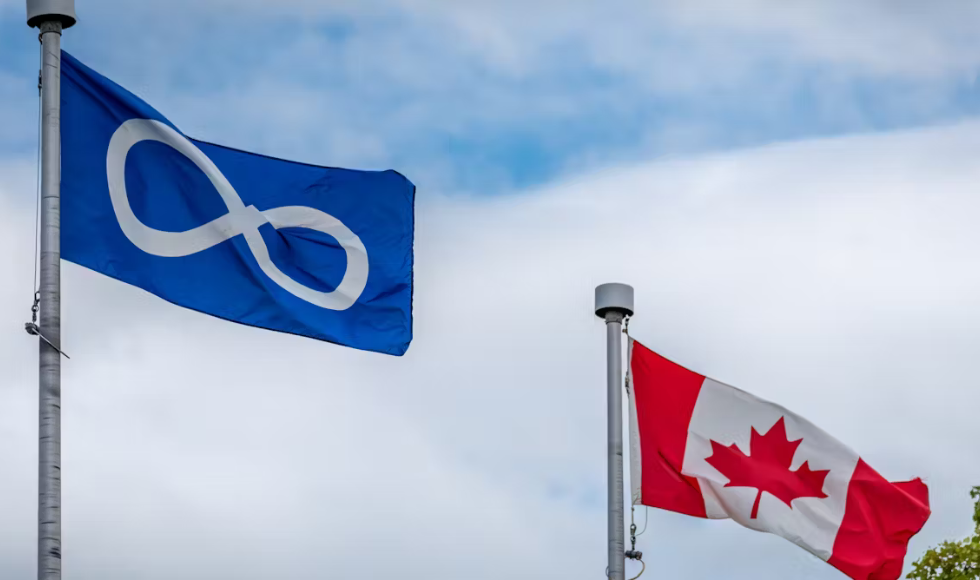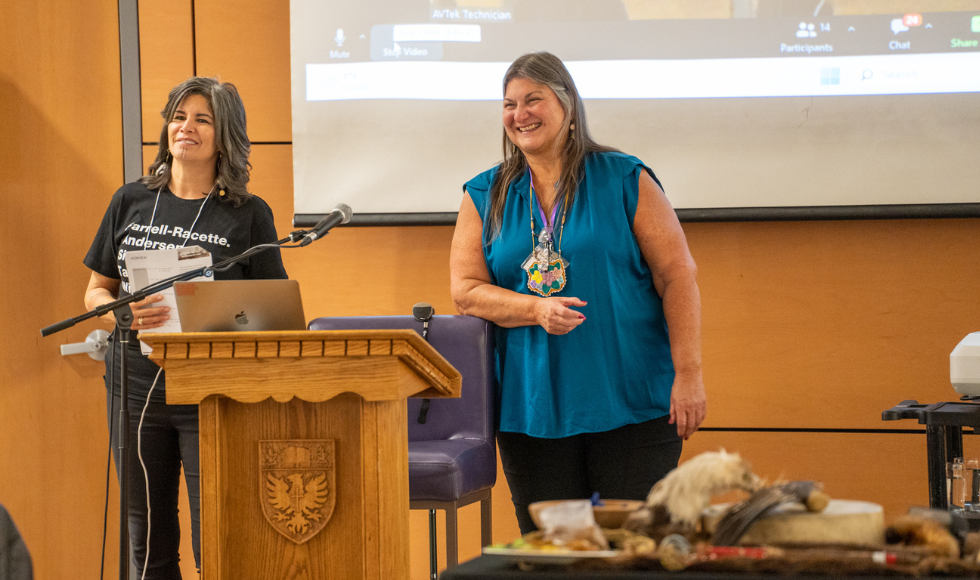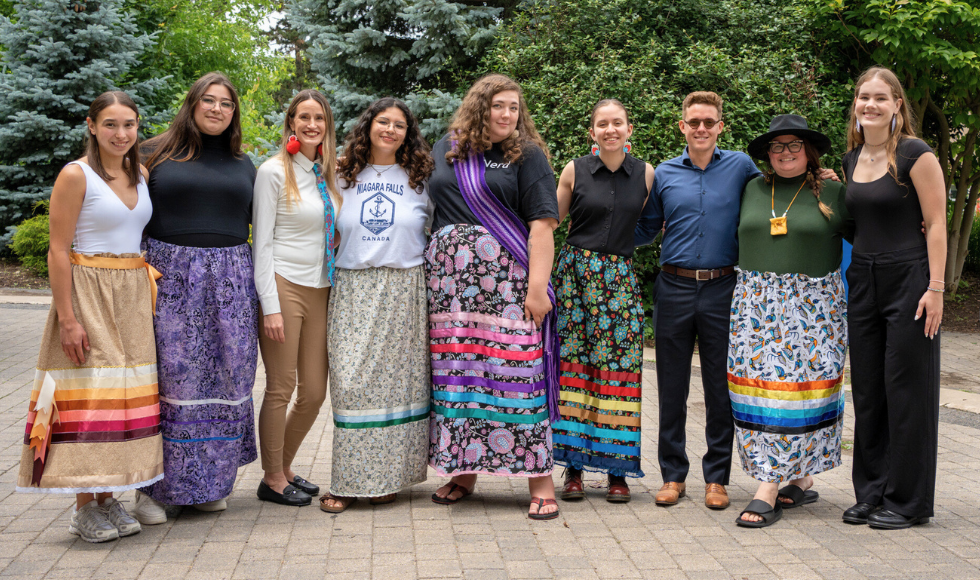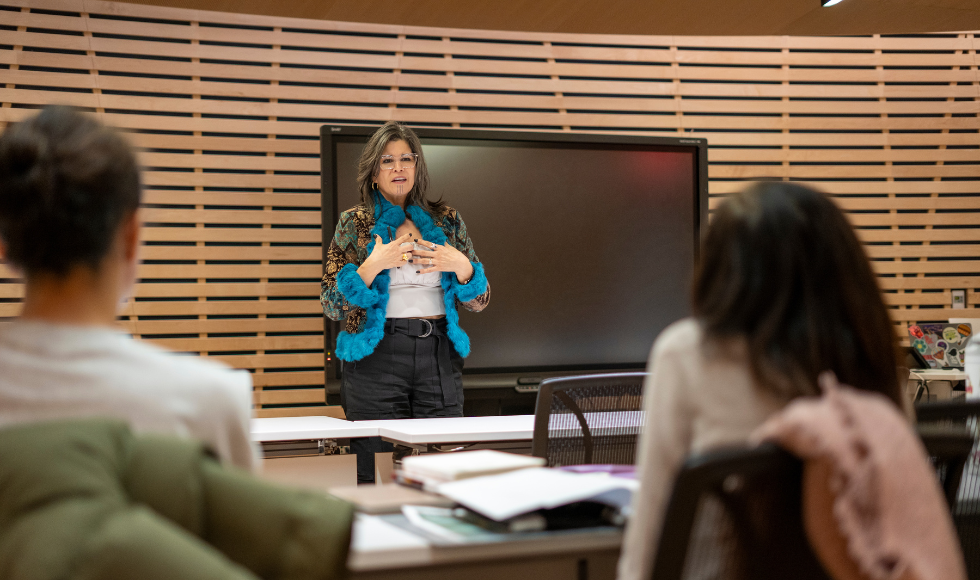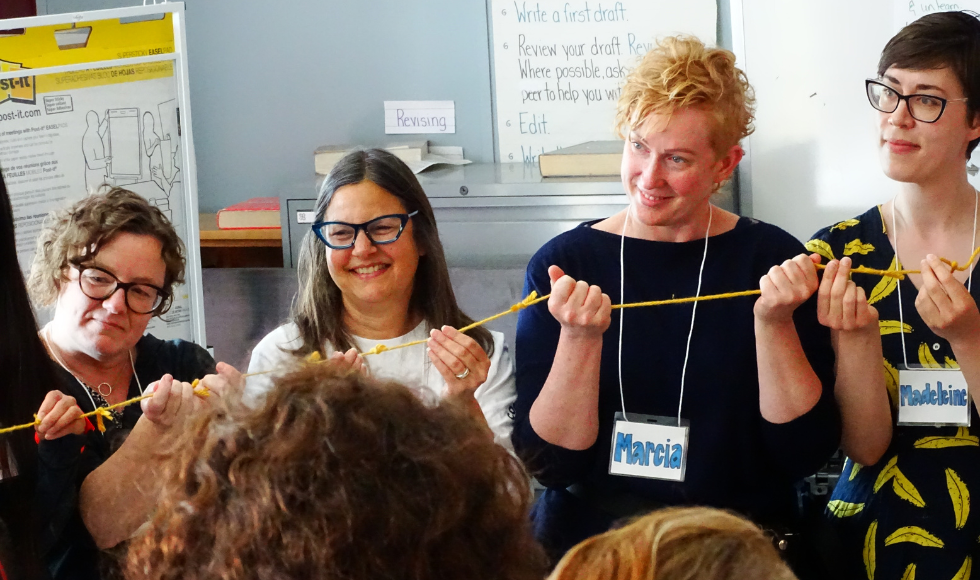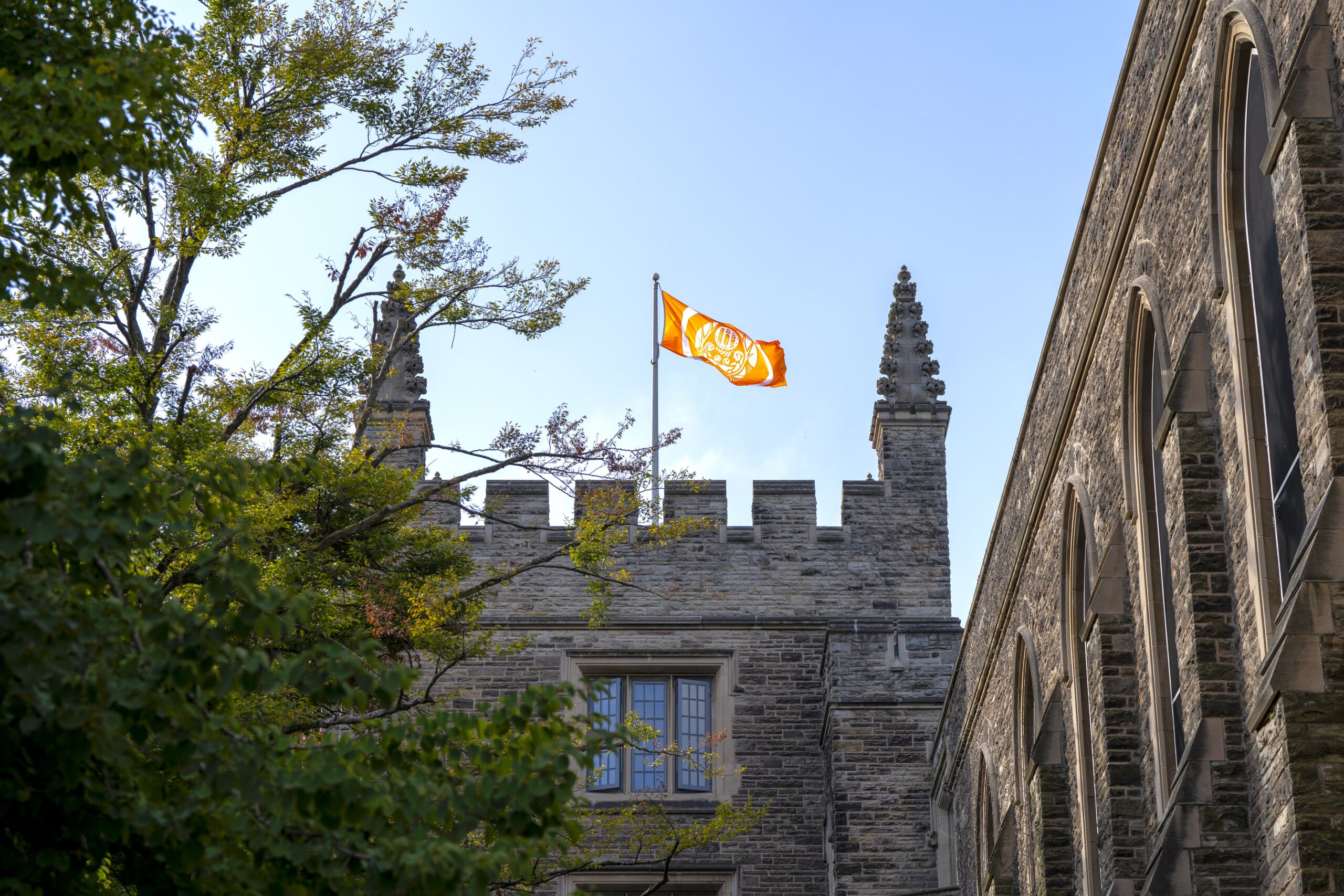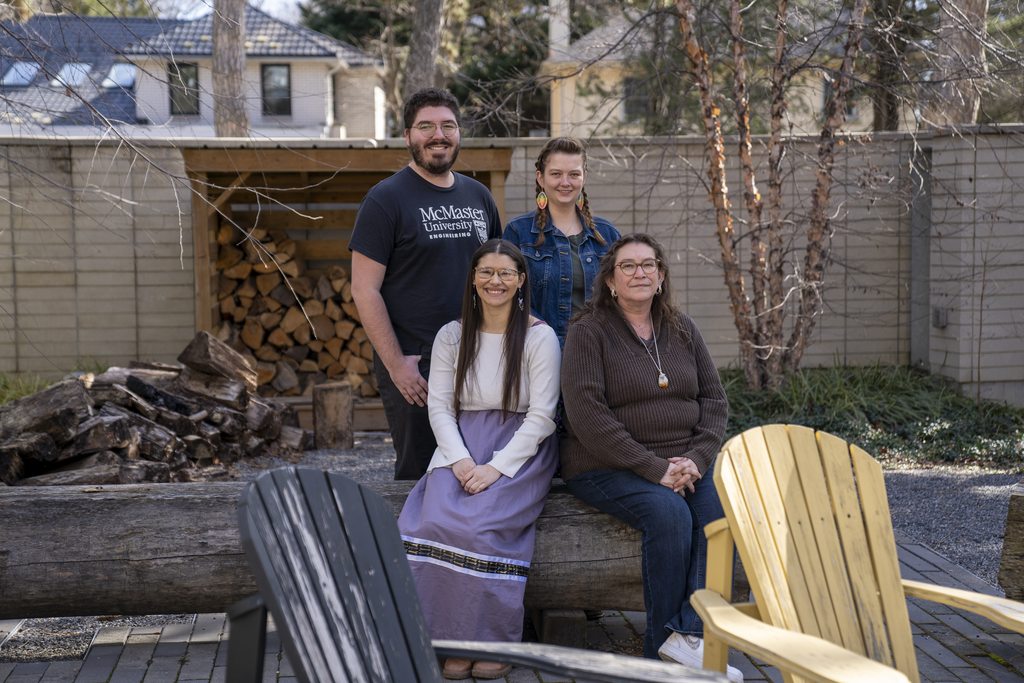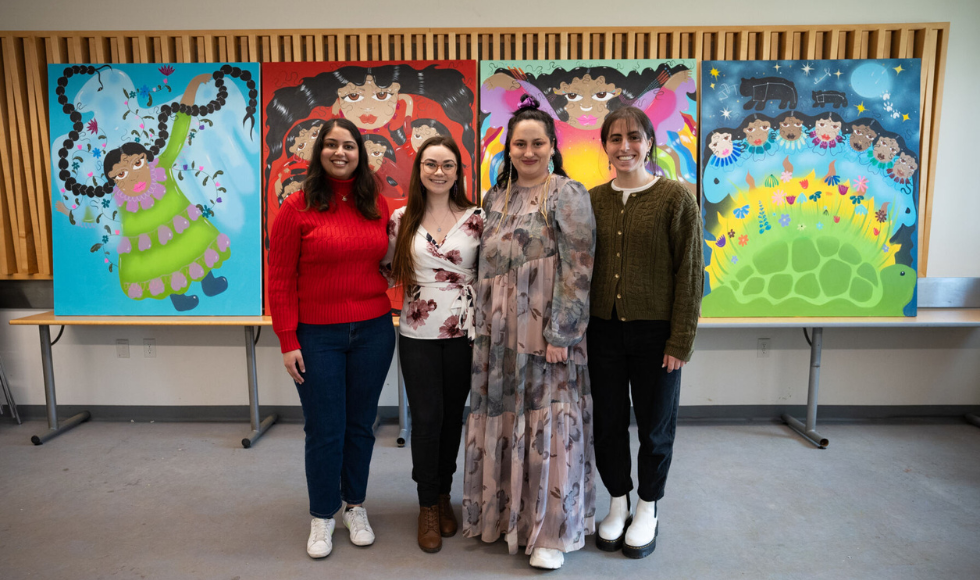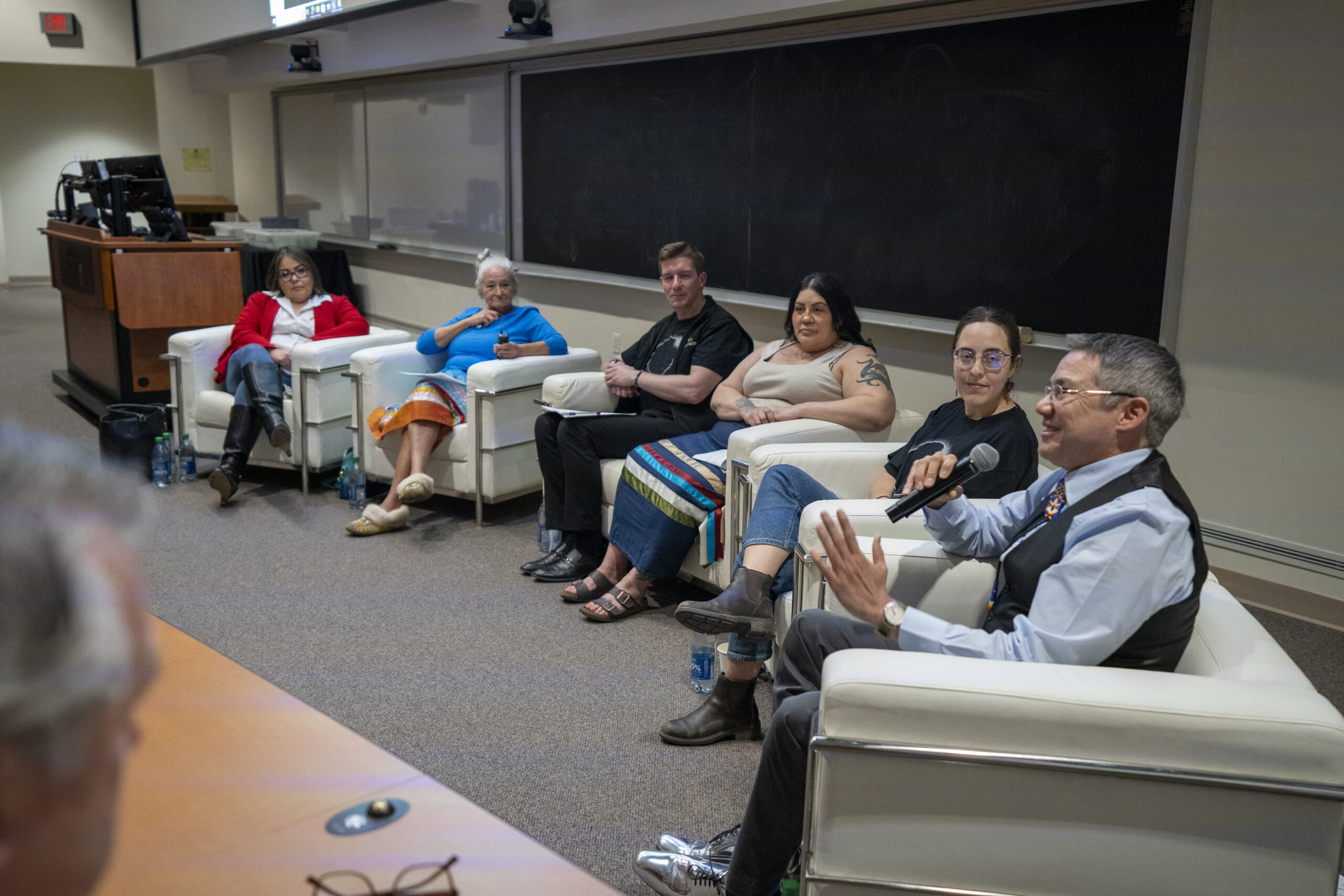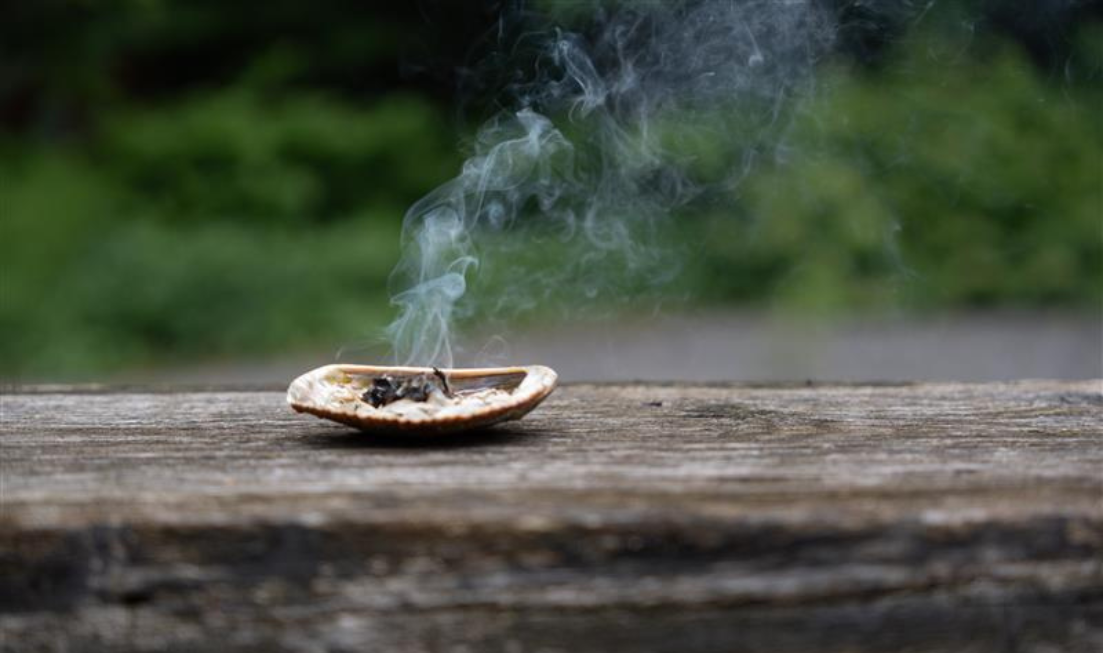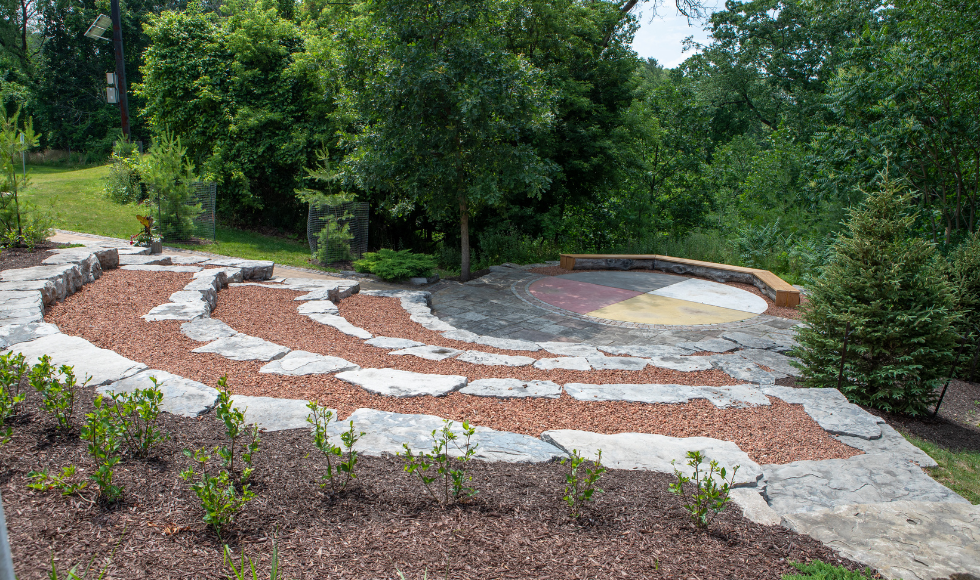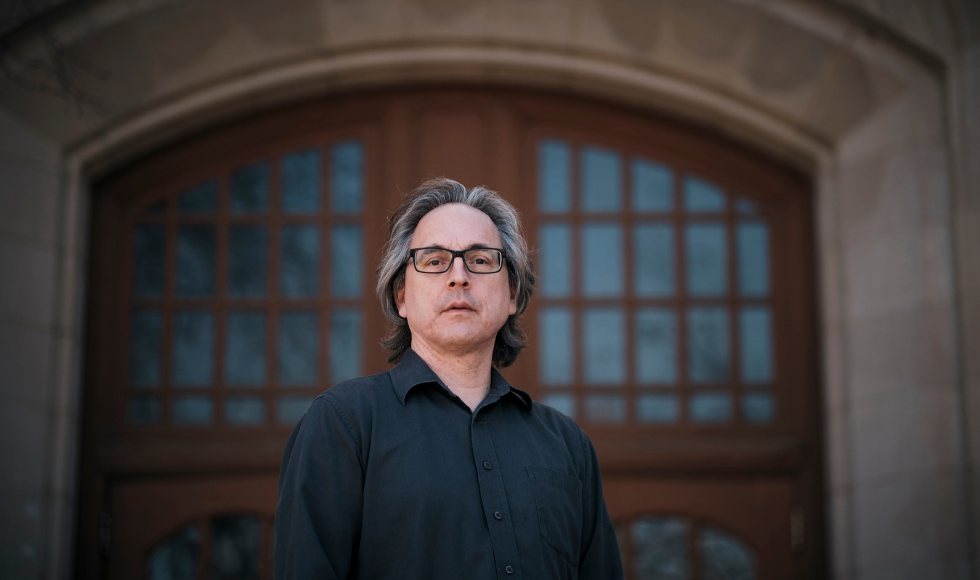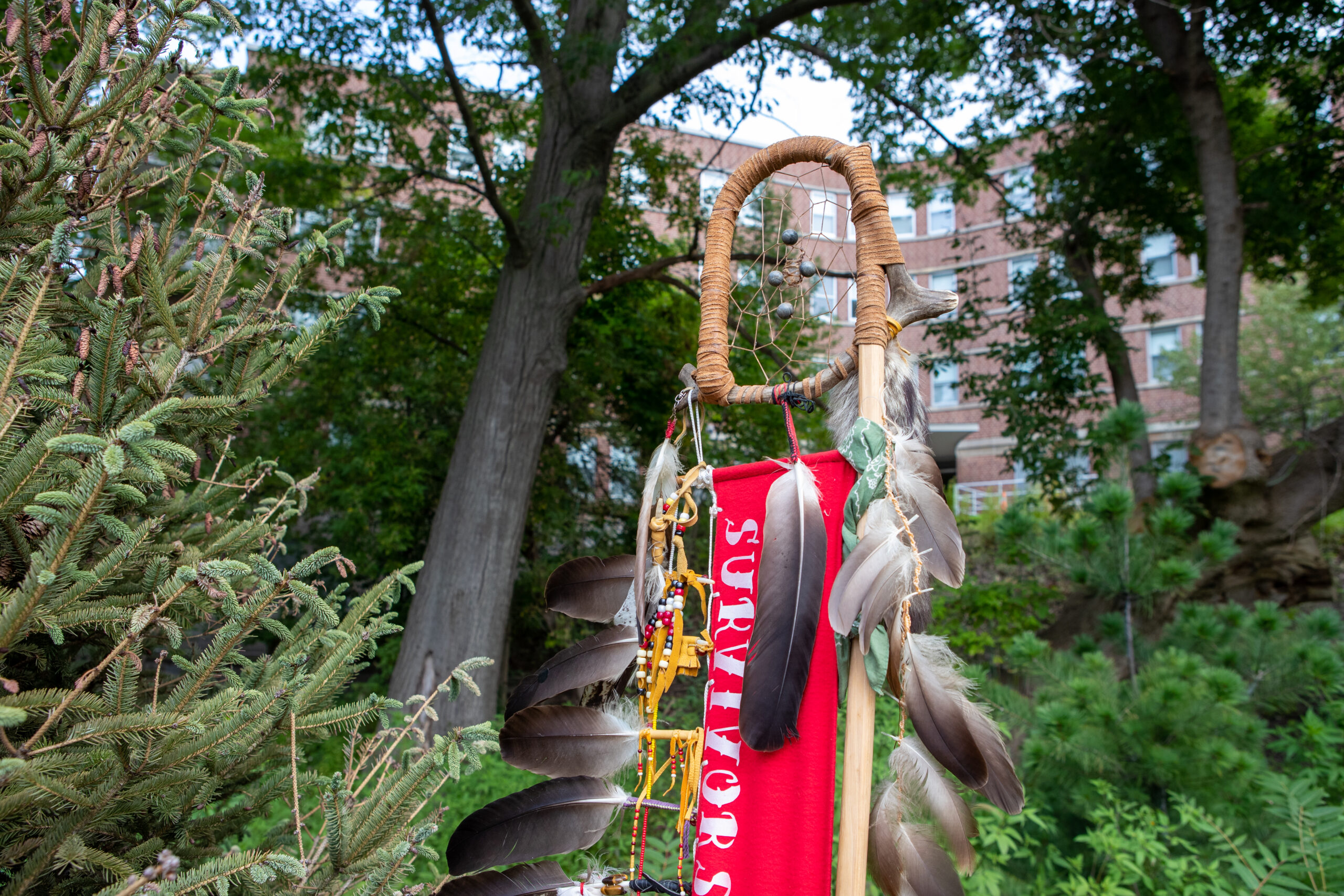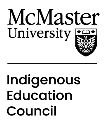Truth and Reconciliation at McMaster
 Rob Innes
Rob Innes
Co-Chair, Truth and Reconciliation Communications Committee
Associate Professor, Chair of the Indigenous Studies Department
 Beth Marquis
Beth Marquis
Co-Chair, Truth and Reconciliation Communications Committee
Director, Arts & Science Program
Message from the Co-Chairs
Truth and Reconciliation begins with education.
As an educational institution, McMaster is deeply committed to providing and supporting opportunities for our entire community to learn respectfully from Indigenous histories, cultures and ways of knowing and to contribute to redressing the injustices of settler colonialism in Canada – on the National Day for Truth and Reconciliation and throughout the year.
In support of these commitments, Indigenous and non-Indigenous faculty, staff and students have come together through the newly formed Truth and Reconciliation Communications Committee.
Our goal is to share news, tell stories about the work being done – and work that still needs to be done – to advance reconciliation and justice, and promote opportunities for campus-wide learning, guided by the four priority areas identified in McMaster’s Indigenous Strategic Directions, and the Truth and Reconciliation Commission of Canada’s calls to action. We also invite members of our campus community to connect with us for guidance and advice on how they too can contribute to Truth and Reconciliation through events and communications initiatives.
Together, we can continue to work toward a true culture of Truth and Reconciliation at McMaster.
Four Priority Areas
The Indigenous Strategic Directions document lists strategic goals under four categories: Research, Education, Student Experience, Leadership and Governance. Below are news stories from around McMaster related to each of these four goals.
Research
The Strategic Directions document calls on the university to affirm McMaster’s Indigenous Research Institute and strengthen the response to contemporary Indigenous research priorities, and “respect, support, and reward Indigenous scholarship.
Education
McMaster has a three-decade long record of leadership in Indigenous studies and scholarship. The continued pursuit of Indigenous academic excellence will further McMaster’s Indigenous studies leadership in Canada and expand the impact of educational and research programs.
Indigenous Student Experience
Increasing access and success in post-secondary education requires supporting Indigenous student experiences, including with greater cultural safety.
Leadership and Governance
Indigenous leadership at McMaster has been strong for years, with key groups like the Indigenous Education Council (IEC) and McMaster Indigenous Research Institute (MIRI) influencing decisions about students, education, and research.

